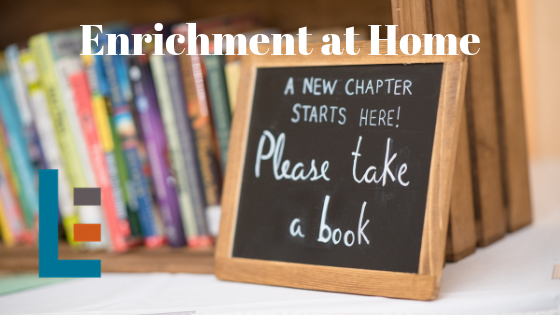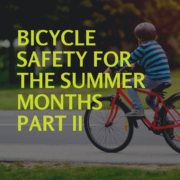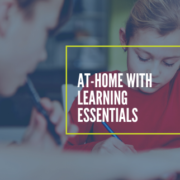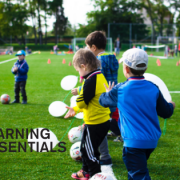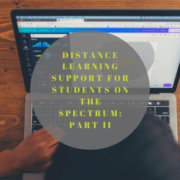Enrichment at Home
Enrichment is a typical educational buzzword; however, its utility is not limited to the classroom. Parents can play a major role in their child’s academic enrichment—and it is not as intimidating as it may seem. Enrichment does not have to adhere to a specific curriculum, but rather includes any activity that fosters a learning experience.
What are enrichment activities?
Enrichment activities at home can take infinite forms and do not necessarily mirror a typical classroom lesson or activity. Enrichment encourages learners to take a more expansive or in-depth look at a concept or topic, perhaps by further research, approaching it with a different lens or perspective, or connecting the subject to a more meaningful or rewarding facet of the real world. Whatever the activity may involve, the notion or goal is typically the same—encourage further exploration, intrinsic curiosity, and lifelong learning.
Considerations for enrichment at home
- First, enrichment at home or in the classroom should never be reduced to extra practice, bonus worksheets, or additional math problems. The key to worthwhile enrichment activities is that they deepen or expand upon a learner’s understanding—they do not simply bombard the learner with additional assignments.
- Enrichment at home should at least loosely connect to something that your child is learning or has learned in school. However, the enrichment activity itself can really go in any direction once the connection to prior knowledge has been made. This allows children to access their prior knowledge and build upon that through the enrichment activity. Your child is also able to make real-world connections from these learning experiences outside of the classroom.
- What does your child like to read or study? Create a running list of topics that your child has expressed interest in and use that list to search for learning opportunities around the community that connect to these topics. Kids can get in on the research as well, which helps them to foster natural curiosity and intrinsic motivation for learning.
- Consider certain learning opportunities that the whole family can partake in, but be sure that the enrichment activity is age-appropriate. This is not the time to overwhelm young learners with topics or concepts that are too abstract, complex, or mature.
- Enrichment activities should rely heavily on your child’s choices or interests; this is not an opportunity for parents to persuade or nudge a learner’s interests to match their own.
Ideas for enrichment at home
- If your child has read a book for school of particular interest, explore similar titles or other works by the same author to encourage reading for pleasure. Amazon or Barnes and Noble offer easy online searches to provide full lists of novels that other readers enjoyed based on the title you search.
- Similarly, if a specific genre has grabbed your child’s attention, use that as a springboard for searching other titles or works that fall into the genre or subgenre.
- If children are learning about a certain time period, author, musician, artist, or country (which they definitely are in school), do a little research of exhibits, documentaries, book talks, movies, or concerts that connect to their prior knowledge of the time period or subject area.
- Use student-centered websites to present new material when children are on vacation or summer break. NewsELA, National Geographic, CNN 10, and the History Channel offer wonderful, grade-level organized resources for further exploration of a range of topics. You can also modify the searches to account for a child’s specific reading level to ensure that texts are accessible, yet challenging.
- Consider enrichment opportunities that do not necessarily tie directly to an academic content area. Mentorships, volunteer opportunities, clubs and organizations provide participants with a plethora of skills. Children can learn about time management, giving back, environmental preservation, friendship, collaboration, perspective-taking, listening skills, etc.
